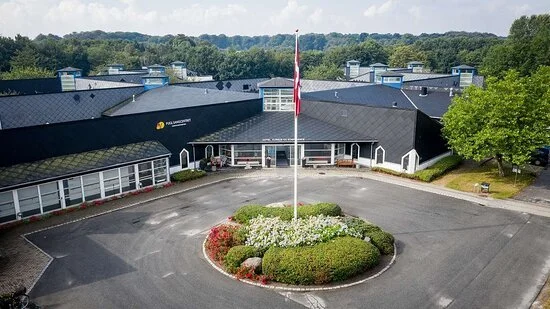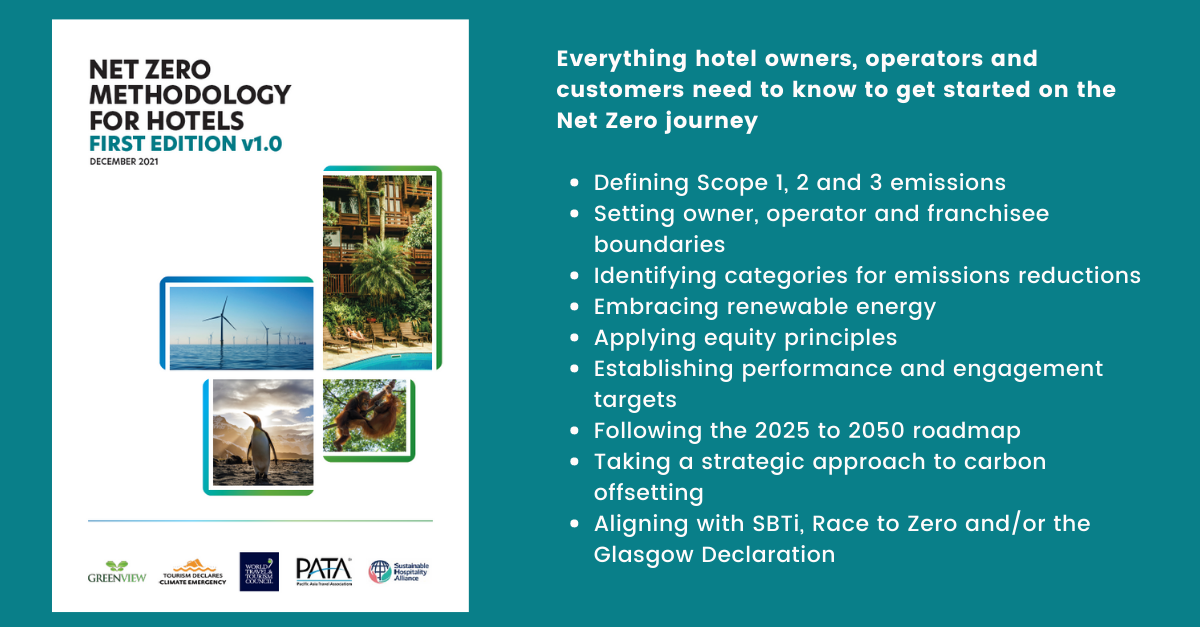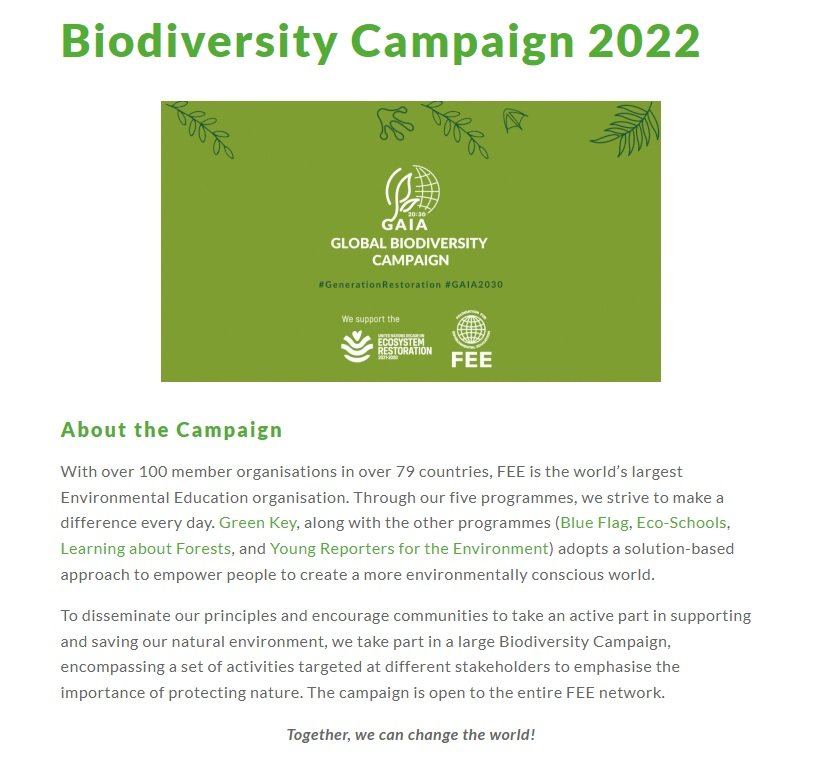Green Key’s partner, Beirholm, has been a finalist in the Design Category in the prestigious German Sustainability Award with its innovative and sustainable bed linen for the hotel market.
In Beirholm’s first participation in the German Sustainability Award in 2021, the company managed to be selected as a nominee, and then advance as a finalist. Although Beirholm did not win the final award, it showed that their innovative technology is among some of the most sustainable solutions currently on the market.
The sustainable ben linen is called BeirTex® Q784 and offers revolutionary durability, a light-weight construction, and a sustainable raw materials blend of Fairtrade organic cotton, virgin polyester and 20 recycled PET bottles. Consequently, this bed linen reduces CO2-equivalent emissions by up to more than 70% over its entire lifecycle compared to the average hotel bed linen in the industry.
With its Green Button, Oeko-Tex® Made in Green, and Fairtrade certifications, the supply chain lives up to some of the strictest environmental and social standards - from the cotton farmer and all the way to the finished bed linen.
It is woven in an exclusive, breathable, and soft satin binding quality, which is available in 13 unique designs enabling the laundry partners to cover individual hotel needs while minimizing stop-and-go processing. In addition, the BeirTex® Q784 bed linen is designed to be upcycle-ready at the end of its usable life enabling it to be turned into fashionable tote bags for shopping purposes.
In the evaluation of Beirholm’s BeirTex® Q784 hotel bed linen, the Jury of the German Sustainability Award concluded that “… Beirholm not only offers an exceptionally high-quality and modern-looking product that meets even the highest demands, but also assumes a high degree of social and ecological responsibility by adhering to high standards along the entire value chain.”
Beirholm has produced a short movie explaining the sustainable bed linen for the hotel industry:
Andreas Beirholm, Business Development Manager at Beirholm, says:
“To be recognized for the hard work and extensive research and development of the next generation of BeirTex® bed linen textiles and have it acknowledged as a holistically sustainable solution by Germany’s most prestigious sustainability award is nothing less than an exceptional achievement. It gives us a unique opportunity to provide our partners with sustainable performance textiles that can further advance the sustainable agenda in the hotel industry.”
The German Sustainability Award is one of the most coveted awards of its kind. According to a recent study by the University of Hohenheim on the importance of sustainability and environmental competitions in Germany, the German Sustainability Award is both the best-known and most coveted award in this field (ranking first in each case).













